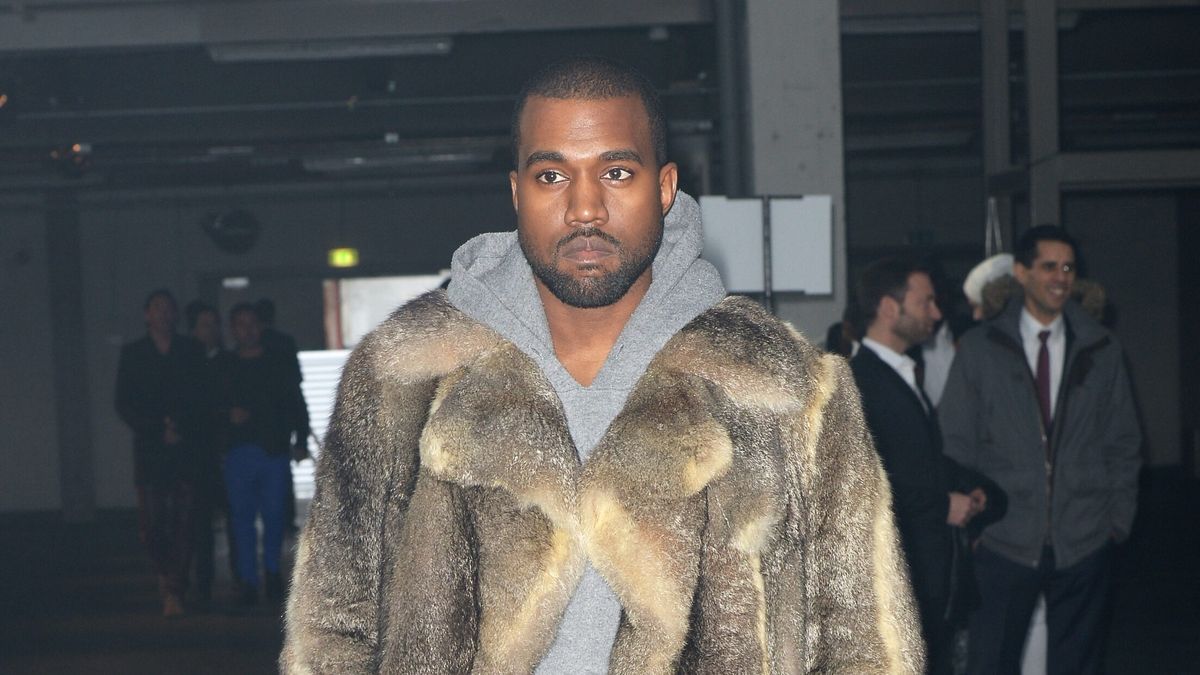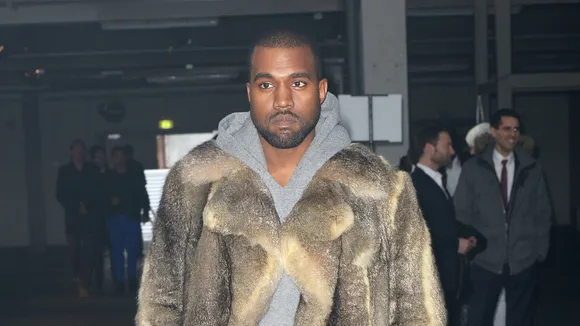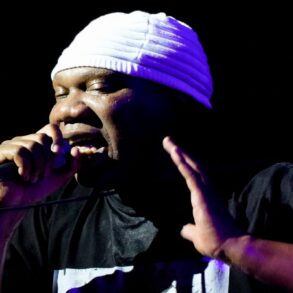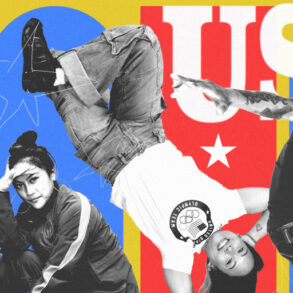
From opulent gifts to music video aesthetics, the intersection of rap culture and animal rights has ignited fiery debates, with several high-profile rappers finding themselves in the crosshairs of the People for the Ethical Treatment of Animals (PETA). This ongoing conflict underscores the tension between artistic expression and ethical considerations, spotlighting instances where the luxury and spectacle celebrated in hip-hop have clashed with advocacy for animal welfare.
The Luxury of Controversy: Crocodile Birkins and Tiger Cameos
Offset’s lavish birthday gifts to Cardi B in October 2023, consisting of crocodile skin Birkin bags, became a flashpoint for criticism from PETA, highlighting the ethical implications of luxury fashion within the rap industry. Similarly, the use of live tigers in Cardi B and Megan Thee Stallion’s ‘WAP’ music video in August 2020 raised questions about the entertainment industry’s use of animals, drawing parallels to wider discussions prompted by the ‘Tiger King’ documentary series. These incidents reflect ongoing debates around the responsibilities of public figures in promoting ethical standards.
Creative Expression or Ethical Breach? Dyeing Dogs and Fur Coats
Rapper Valee’s decision to dye his dog red in 2019, despite using non-toxic and vegan dye, sparked a backlash from PETA, which argued against the unnatural alteration of animals for aesthetic purposes. This incident, alongside Big Boi’s choice to wear a fur coat during the 2019 Super Bowl Halftime Show, underscores the complexities of balancing creative expression with ethical considerations, challenging artists to consider the implications of their aesthetic choices.
Kanye West: A Recurring Figure in PETA’s Crosshairs
Kanye West’s repeated encounters with PETA, from wearing fur coats to using provocative imagery involving animals, illustrate the recurring tensions between individual artistic choices and the values advocated by animal rights organizations. These incidents highlight the broader societal debates about the ethical treatment of animals, challenging both artists and audiences to reflect on the impact of their choices.
The ongoing dialogue between the rap community and animal rights advocates, exemplified by PETA’s vocal criticisms, invites a deeper consideration of the values and responsibilities inherent in public visibility and artistic expression. As the debate continues, it serves as a reminder of the evolving nature of ethical standards in a rapidly changing cultural landscape, encouraging a reevaluation of the relationship between luxury, creativity, and ethical responsibility.
This post was originally published on this site be sure to check out more of their content.









